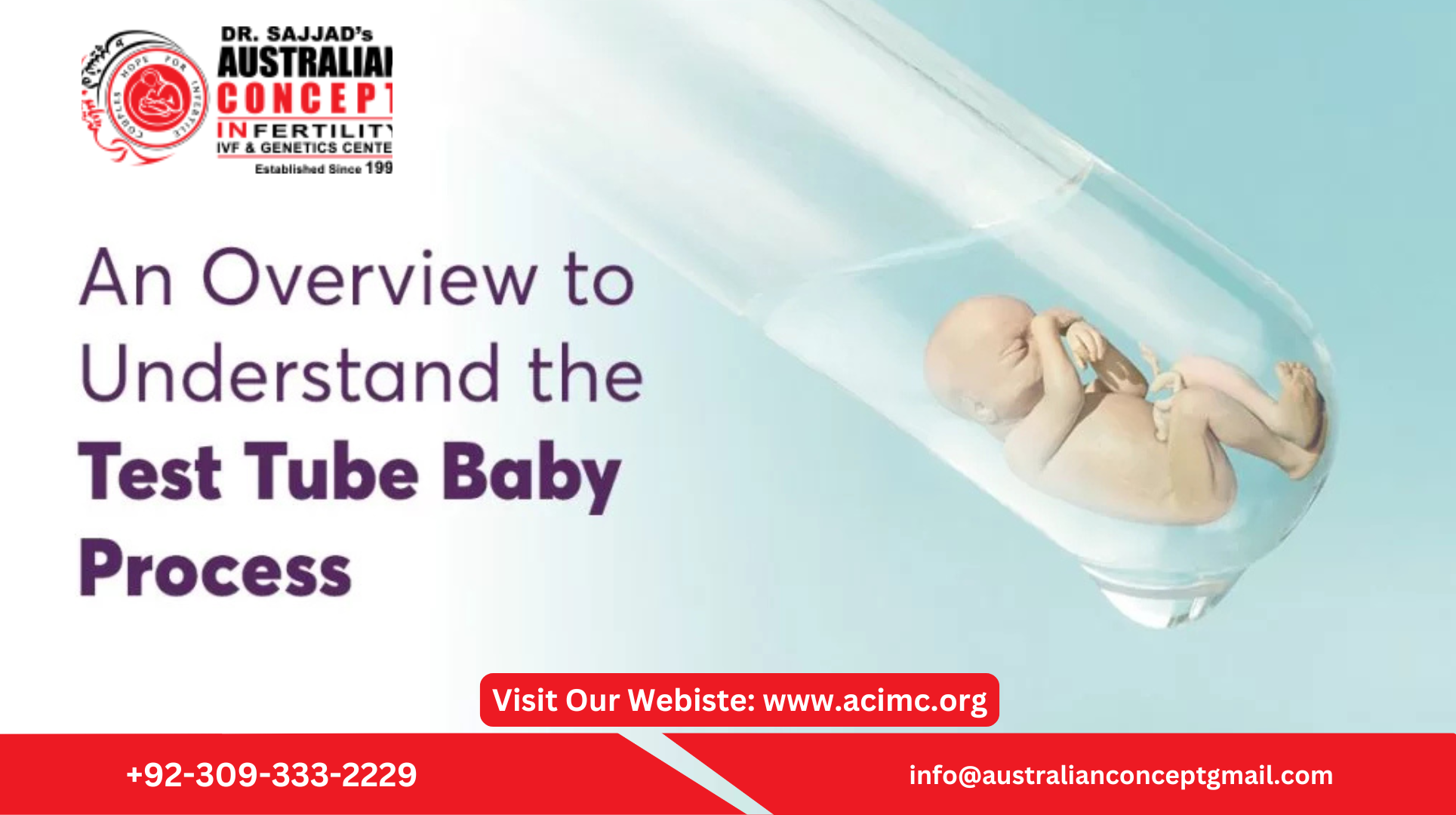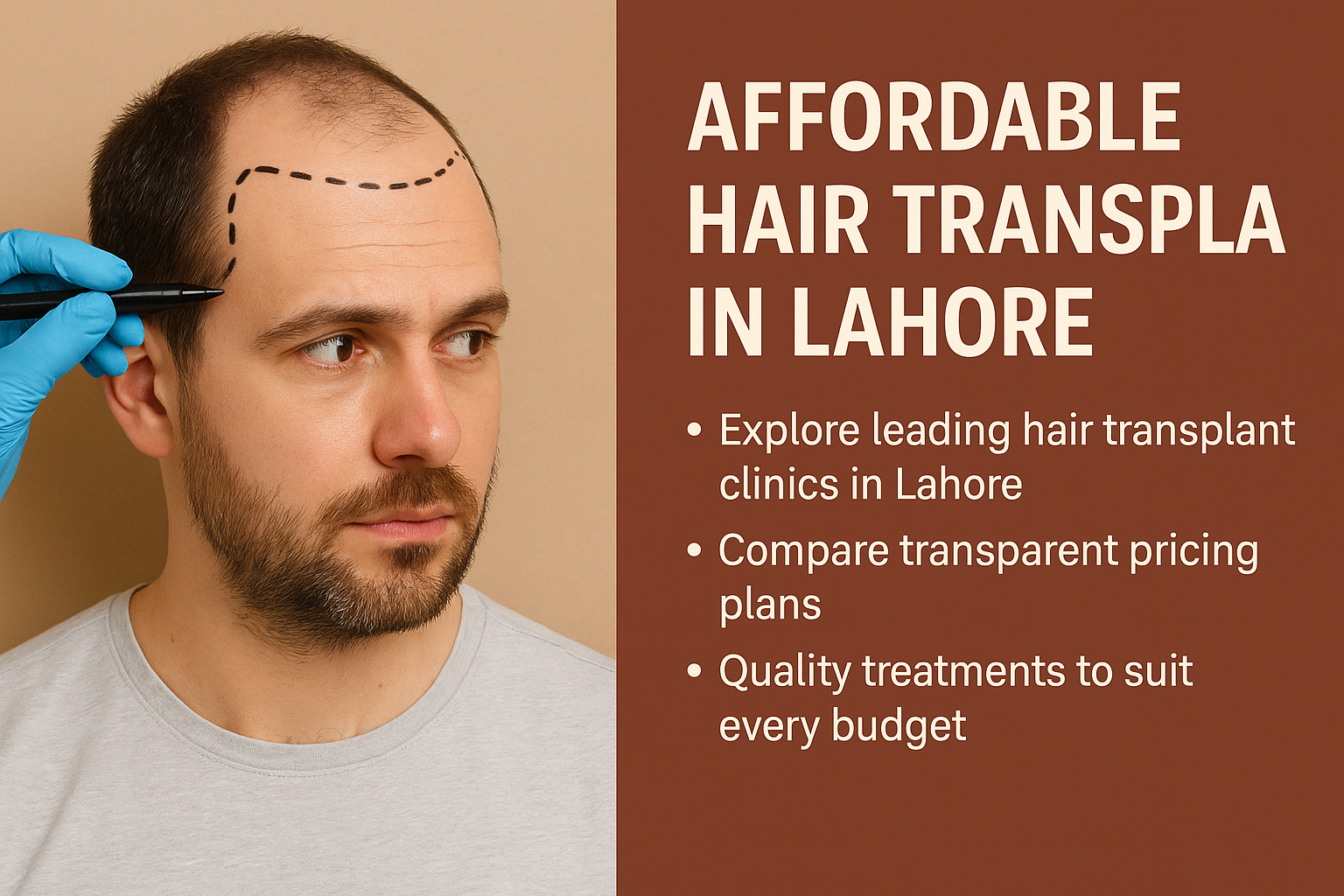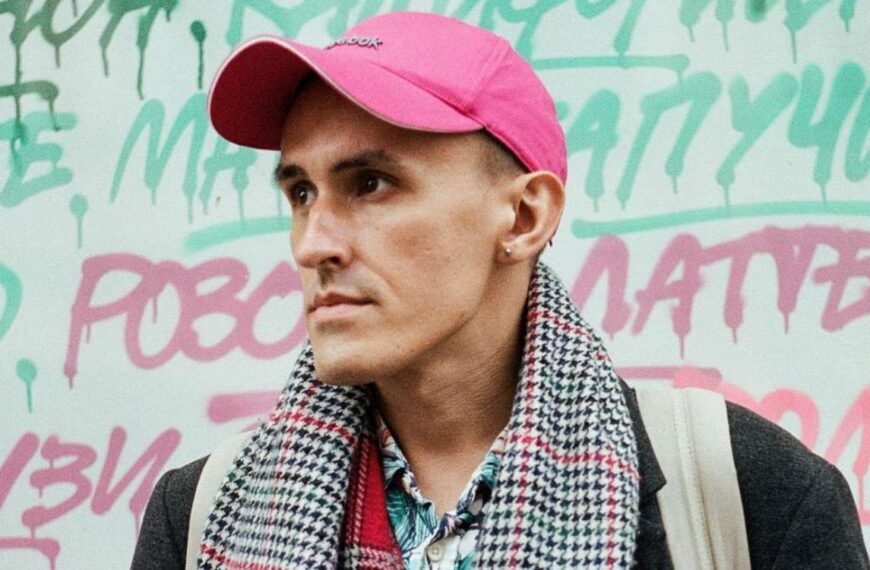The journey to parenthood through assisted reproductive technology can be both hopeful and challenging.
While some couples are fortunate to conceive on their first try, others may require multiple IVF cycles to achieve a healthy pregnancy. Understanding how many attempts are typically needed can help set realistic expectations and prepare you emotionally and financially.
What Is a Test Tube Baby?
A test tube baby refers to a child conceived through In Vitro Fertilization (IVF) a process in which eggs and sperm are fertilized outside the body in a laboratory. The resulting embryo is then transferred into the woman’s uterus, with the hope of implantation and pregnancy.
Although IVF offers a promising chance at conception, success is not guaranteed in the first cycle for most couples.
How Many IVF Attempts Are Usually Needed?
The number of IVF attempts required varies from person to person, depending on several factors like age, fertility health, and treatment quality. However, clinical studies show:
- 1st Attempt Success Rate: Around 30% to 40% for women under 35
- Up to 3 Attempts: About 70% of women conceive within three IVF cycles
- Up to 6 Attempts: Success rates rise to 80% or more across multiple tries
Most fertility specialists suggest trying at least three IVF cycles before exploring alternative options.
IVF Success Rates by Age
Age plays a key role in how many attempts may be needed:
- Women under 35: High success in 1–2 cycles
- Women 35–38: May need 2–3 cycles
- Women 39–42: Often require 3 or more cycles
- Women above 42: Lower success with own eggs; donor eggs are usually recommended
For older women, success improves significantly when donor eggs are used, reducing the number of failed attempts.
Why Multiple Attempts May Be Necessary
Even with perfect planning, a number of factors can affect the success of each cycle:
- Egg or sperm quality issues
- Embryo development problems
- Implantation failure
- Hormonal imbalance
- Underlying medical conditions (like PCOS, endometriosis)
- Stress and lifestyle factors
In many cases, doctors use what is learned in earlier failed cycles to improve outcomes in later ones.
Fresh vs. Frozen Cycles: Do They Affect Attempts?
IVF may involve either fresh embryo transfers or frozen embryo transfers (FET). Sometimes, doctors freeze embryos for later use if the first attempt fails or if the uterus isn’t ready.
Interestingly, FET cycles have shown similar or even higher success rates than fresh transfers in some studies. This allows patients to attempt another cycle without repeating the entire IVF process, shortening the time to success.
Tips to Improve Success in Fewer Attempts
You can improve your chances of success in fewer IVF cycles by following some expert recommendations:
- Choose a reputable IVF clinic with experienced embryologists and high success rates.
- Undergo pre-treatment assessments like hormone tests, ultrasounds, and semen analysis.
- Maintain a healthy lifestyle, including proper nutrition, regular exercise, and stress management.
- Avoid smoking and alcohol, which negatively impact fertility.
- Consider advanced technologies like ICSI or PGT if recommended by your doctor.
Open communication with your fertility specialist will also help determine the best approach after each failed cycle.
Emotional and Financial Considerations
Going through multiple IVF attempts can be emotionally draining and financially stressful. Some couples may feel discouraged after repeated failures. It’s important to seek:
- Emotional support from a counselor or support group
- Financial planning for long-term treatment
- Second opinions, if needed, after repeated failed cycles
Some clinics offer multiple cycle packages at discounted rates to ease the burden.
When to Stop Trying?
There is no fixed number of attempts after which IVF should be stopped. However, if:
- You’ve had 3–6 failed IVF cycles
- Your doctor sees poor embryo quality
- There are health risks in continuing treatment
Conclusion:
For many couples, success comes within the first three IVF cycles, especially for women under 35. However, others may need more attempts depending on age and fertility health. With the right support, treatment, and realistic expectations, each IVF cycle brings you one step closer to your dream of parenthood.
For More Details: https://acimc.org/ivf-lahore/


















